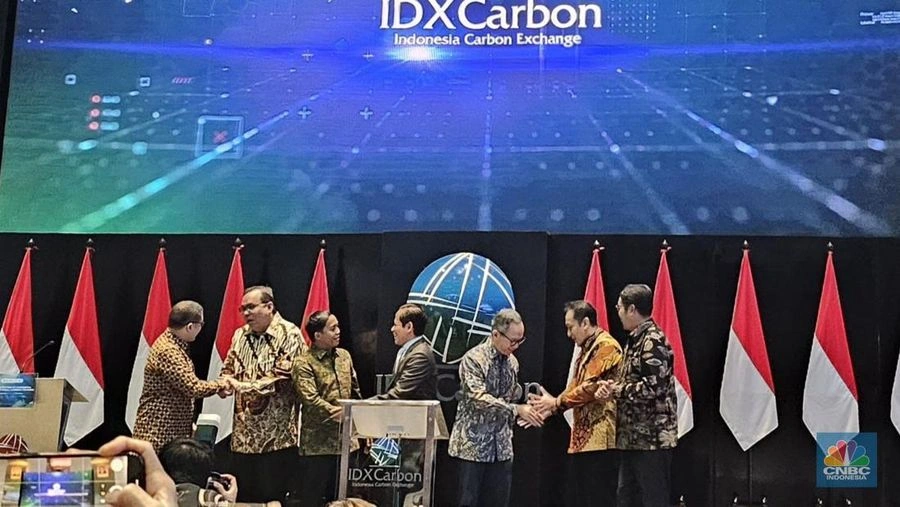
Indonesia takes a more concrete step toward implementing carbon economic value (Nilai Ekonomi Karbon “NEK”) with the issuance of Presidential Regulation (“Pepres”) No. 110 of 2025 concerning Implementation of Carbon Economic Value Instruments and National Greenhouse Gas Emission Control (“PR 110/2025”) on October 10 2025.This new regulation replaces the Perpes No. 92 of 2021 concerning Implementation of Carbon Economic Value for the Achievement of Nationally Determined Contribution (“NDC”) Targets and the Control of Greenhouse Gas (“GHG”) Emissions in National Development (“PR 98/2021”). The new regulation reinforces Indonesia’s carbon market integration in the global ecosystem by providing clearer guidance for all stakeholders, including investors and project developers.
In this regulation, the government specifies three instruments of NEK implementation: carbon trading, result-based payment (RBP), and carbon levies (e.g. carbon tax, customs, excise duties, or other state levies). Perpres 110/2025 also mandates that all emission reductions generated through NEK mechanisms must be accounted toward the national NDC target unless a Corresponding Adjustment (CA) is made in accordance with Article 6 of the Paris Agreement. This ensures consistency between domestic mitigation outcomes and international carbon transactions.
To strengthen the oversight and policy coherence, the President will establish a Steering Committee that will be led by the Coordinating Minister for Food Affairs and in coordination with the Ministry of Environment, Ministry of Finance, Ministry of Energy and Mineral Resources, Ministry of Forestry, and other key sectoral ministries. The committee is tasked with providing policy guidance, ensuring inter-ministerial coordination, and overseeing the implementation of NEK instruments to support NDC achievement and national GHG control objectives.
With this new strategic regulatory development, Indonesia signals its readiness to step forward position the NEK implementation not only as a climate tool but also as an economic opportunity. Following the enactment of Perpres 110/2025, several follow-up actions are expected in the coming months, including the development of new and amendments of existing implementing regulations and sectoral guidelines to accelerate private sector participation and strengthen Indonesia’s overall climate investment ecosystem.
Reference:
Bachtiar, R., & Safira, S. (2025, October 16). Reshaping Indonesia’s carbon governance: Presidential Regulation No. 110 of 2025 concerning the implementation of carbon economic value instruments and national greenhouse gas emission control. ARMA Law


